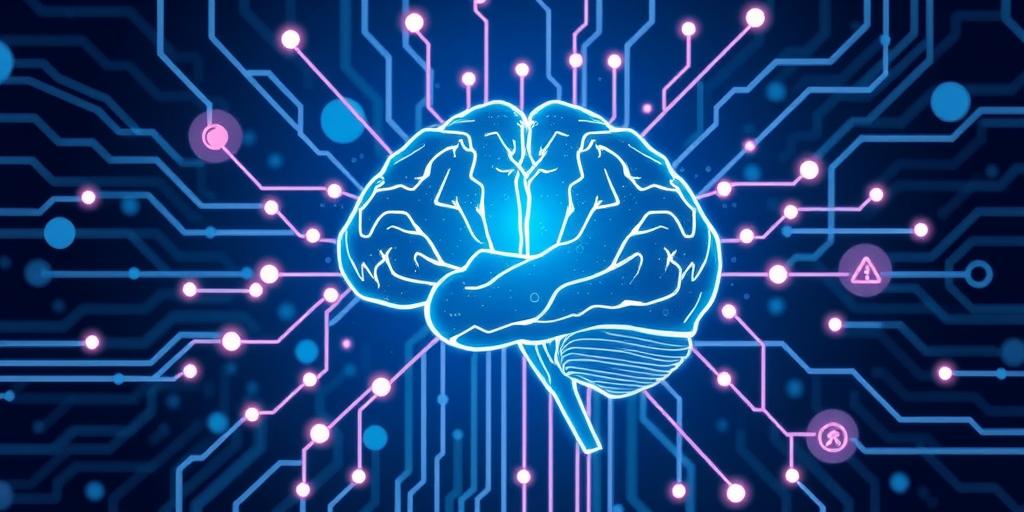Regulating Artificial Intelligence: Ethical and Legal Challenges
Artificial intelligence (AI) is rapidly transforming our world, offering unprecedented opportunities across various sectors. However, this technological revolution also presents significant ethical and legal challenges that demand careful consideration and robust regulatory frameworks.
The Ethical Landscape of AI
At the heart of the AI debate lies a complex web of ethical concerns. As AI systems become more sophisticated, they raise questions about accountability, transparency, and fairness.
- Bias and Discrimination: AI algorithms are trained on data, and if that data reflects existing societal biases, the AI system will perpetuate and even amplify those biases. This can lead to discriminatory outcomes in areas such as hiring, lending, and criminal justice.
- Privacy and Data Security: AI systems often require vast amounts of data to function effectively, raising concerns about the collection, storage, and use of personal information. Ensuring data privacy and security is crucial to maintaining public trust.
- Autonomy and Control: As AI systems become more autonomous, questions arise about who is responsible when things go wrong. Determining accountability for AI-driven errors or accidents is a complex legal and ethical challenge.
- Job Displacement: The automation potential of AI raises concerns about widespread job displacement, requiring proactive measures to retrain and support workers in affected industries.
Legal Frameworks for AI Regulation
Governments and international organizations are grappling with how to regulate AI effectively. Several approaches are being considered:
- Sector-Specific Regulations: This approach focuses on regulating AI applications within specific industries, such as healthcare, finance, or transportation. This allows for tailored regulations that address the unique challenges of each sector.
- Horizontal Regulations: This involves creating broad, overarching regulations that apply to all AI systems, regardless of their specific application. This approach can provide a consistent legal framework but may lack the flexibility to address specific industry needs.
- Ethical Guidelines and Standards: Some organizations are developing ethical guidelines and standards for AI development and deployment. While these are not legally binding, they can help promote responsible AI practices and inform the development of future regulations.
Key Considerations for Effective AI Regulation
- Transparency and Explainability: AI systems should be transparent and explainable, allowing users to understand how decisions are made. This is crucial for building trust and ensuring accountability.
- Risk-Based Approach: Regulations should focus on high-risk AI applications that pose the greatest potential for harm. This allows for a proportionate and targeted approach to regulation.
- Collaboration and Dialogue: Effective AI regulation requires collaboration between governments, industry, academia, and civil society. Open dialogue and knowledge sharing are essential for developing sound and effective policies.
- Adaptability and Innovation: Regulations should be adaptable to the rapidly evolving nature of AI technology. Overly prescriptive regulations can stifle innovation and hinder the development of beneficial AI applications.
The Path Forward
Regulating artificial intelligence is a complex and multifaceted challenge. By addressing the ethical and legal considerations outlined above, we can harness the transformative potential of AI while mitigating its risks. A balanced and thoughtful approach to regulation is essential for ensuring that AI benefits society as a whole.









